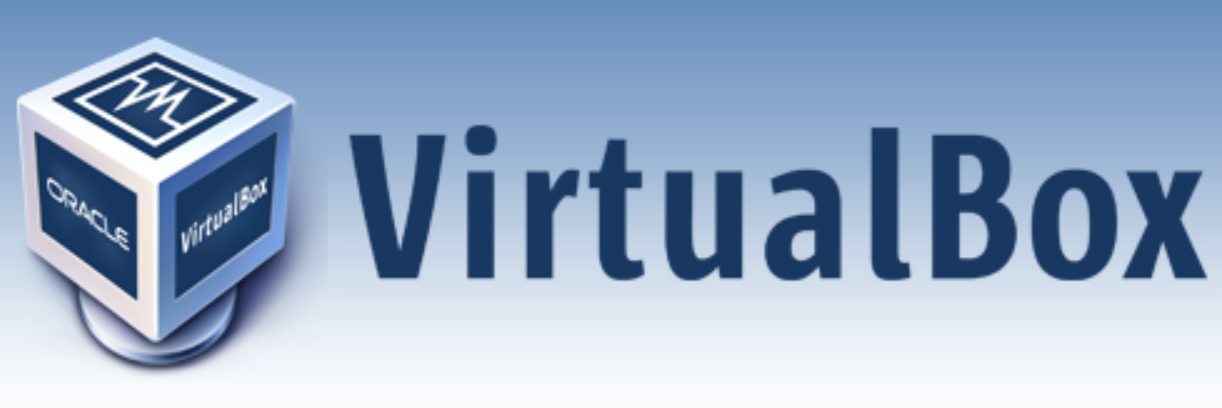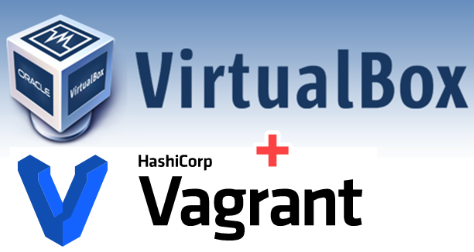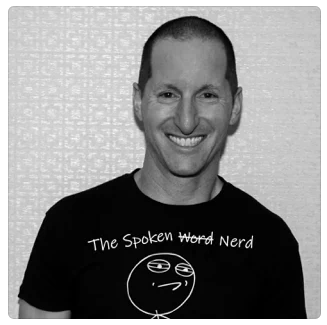For my entry in the Joel Kallman Day (#JoelKallmanDay) I thought I would run through my history of using Oracle Application Express (APEX).
I was aware of Web DB, but I never used it. I have this vague memory of taking a look at it, but that was all.
I remember Tom Kyte mentioning Flows and later Project Marvel, and being a Tom Kyte fanboy it sparked my interest. At that point the tool felt kind-of awkward to use, and since I had no pressing need for it, it got relegated to an idle curiosity for me. I would have a play, then ignore it for months. I kept my eye on it during the HTML DB and early APEX days, but it was still not something I used regularly. Typically what would happen is I would need to do something, I would “re-learn” APEX to do it, finish that task, then forget about it for months. The next time I needed APEX, it would often be a new version, so I would “re-learn” it again…
In 2009 I went to ODTUG in Monterey, and there was an APEX symposium as part of the conference, so I made it my mission to pick APEX sessions as much as possible. It was good to connect with some of the folks in the APEX community. Even back then it was one of the most dynamic Oracle communities. I knew a few of the folks already through meeting at other conferences, but it was fun to immerse myself in APEX for a while.
After that conference I slipped back into the habit of re-learn it, forget it, relearn it. I was constantly aware of it, and able to do relatively simple developments, but I never focused on it long enough to get good. Remember, my job didn’t involve that type of development, so it was hard to spend too much time on it.
Since joining my current company in 2012 I’ve used APEX a lot more. It started off with me writing little PL/SQL utilities for people and giving them a front end using APEX. Things like reports on interface staging tables, screens to manage database users and some simple CRUD apps. At that point APEX was kind-of underground in the company. There was only really me using it. As time went on I kept pushing it and gradually it started to pick up some momentum. We now have a few people that do APEX development as part of their role. At this point I’m relegated to managing the infrastructure behind it, and problem solving when people hit an issue. I’ve seen and heard so much over the years that it’s often easier for me to solve certain problems. Also, I know a lot of good people who can help. 🙂
I have this joke that I’ve got more than 15 years “experience” of APEX, but I’m the worlds worst APEX developer. Despite that, I know enough to know APEX is probably the most productive way to develop applications against an Oracle database. The “Low Code” nature of it is great for people with less experience of database development, but it’s also a great way to make skilled developers super productive!
I’ve written a small number of articles about APEX over the years, as well as some surrounding technologues.
So there you have it. My life as the worlds worst APEX developer on the planet. 🙂
Cheers
Tim…





